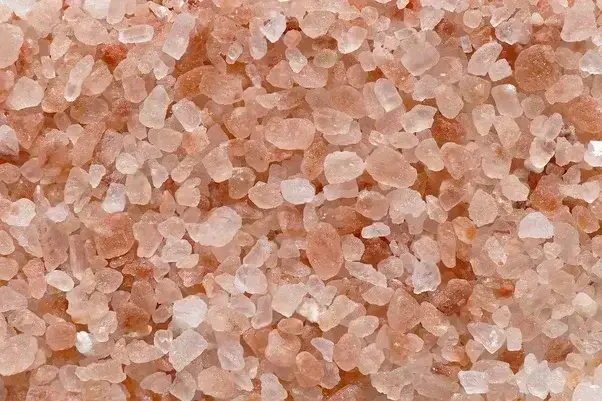
10 Benefits of Himalayan Salt
10 benefits of Himalayan pink rock salt Here are ten potential benefits often associated with Hima...

Protein is an essential macro-nutrient that plays a crucial role in numerous physiological processes, including muscle repair, enzyme production, hormone synthesis, and immune function. Understanding the importance of protein, its dietary sources, and the recommended intake levels for various populations is vital for maintaining optimal health.
Proteins are composed of amino acids, which are the building blocks of the body's cells and tissues. They are involved in:
Muscle Maintenance and Growth: Proteins are fundamental for the repair and growth of muscle tissues, especially after physical activity.
Enzyme and Hormone Production: Many enzymes and hormones that regulate bodily functions are proteins.
Immune System Support: Antibodies, which are proteins, play a critical role in defending the body against pathogens.
Transport and Storage: Proteins help transport nutrients and other substances in the blood and store essential molecules.
Protein requirements vary based on age, sex, activity level, and physiological conditions such as pregnancy or illness.
Average Adults: The European Food Safety Authority (EFSA) recommends a daily intake of 0.83 grams of protein per kilogram of body weight for healthy adults.
Endurance and Strength Athletes: Active individuals may require higher protein intake, ranging from 1.2 to 2.0 grams per kilogram of body weight per day, to support muscle repair and growth. (Verywell Health)
Pregnancy: Protein needs increase during pregnancy to support fetal development, with additional intake recommendations of 1g/day in the first trimester, 9g/day in the second trimester, and 28g/day in the third trimester.
Lactation: During breastfeeding, an additional 19g/day is recommended for the first six months, and 13g/day thereafter.
Infants to Adolescents: Protein requirements for children vary with age, ranging from 1.31 g/kg/day for infants to 0.83 g/kg/day for adolescents.
Aging Population: Older adults may benefit from increased protein intake, around 1.0 to 1.2 g/kg/day, to counteract muscle loss and maintain bone health. (The Guardian)
Proteins are categorized based on their amino acid profiles:
Complete Proteins: Contain all nine essential amino acids. Sources include animal products like meat, dairy, and eggs, as well as plant-based options like quinoa and soy.
Incomplete Proteins: Lack one or more essential amino acids. Most plant-based proteins fall into this category but can be combined (e.g., rice and beans) to form complete proteins.
Distributing protein intake evenly throughout the day can enhance muscle protein synthesis and overall utilization. Consuming 20-30 grams of protein per meal is recommended for optimal absorption. (Glamour)
While protein is essential, excessive intake can lead to health issues:
Kidney Strain: High protein intake may burden the kidneys, especially in individuals with pre-existing kidney conditions.
Digestive Issues: Overconsumption can cause digestive discomfort and dehydration. (EatingWell)
Protein is vital for numerous bodily functions, and adequate intake is crucial for health and well-being. By understanding individual protein needs based on factors like age, activity level, and physiological conditions, and by choosing high-quality protein sources, individuals can support their overall health effectively.
Comments